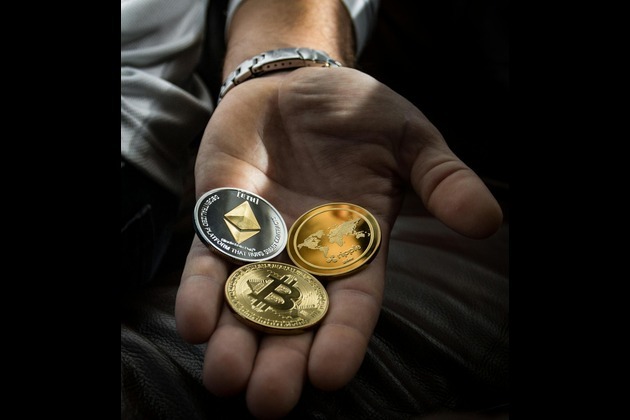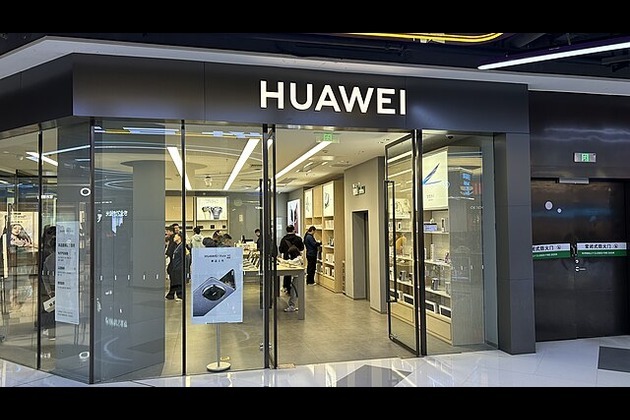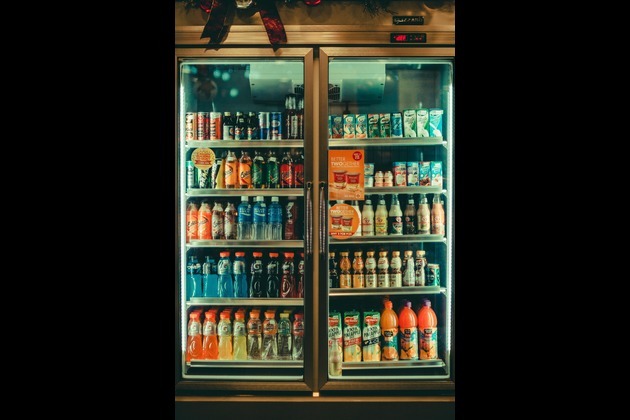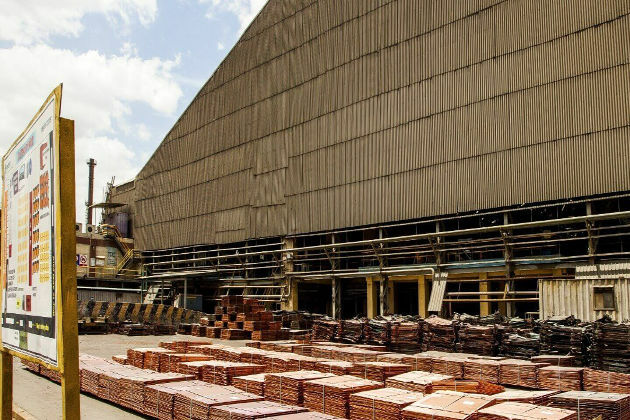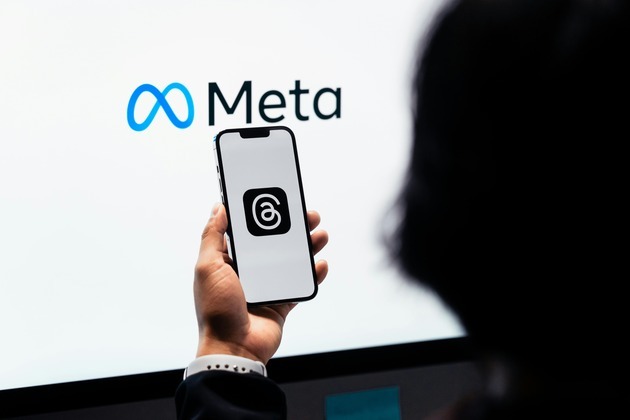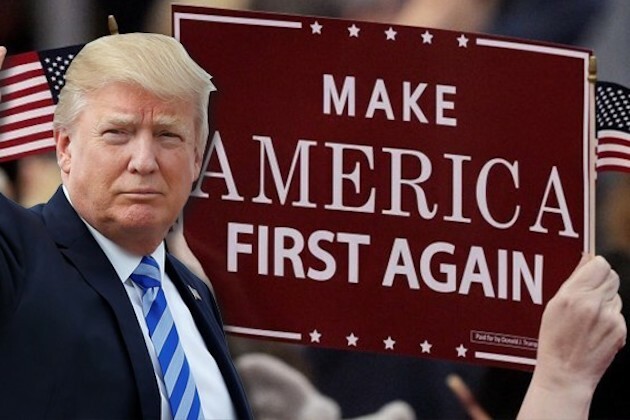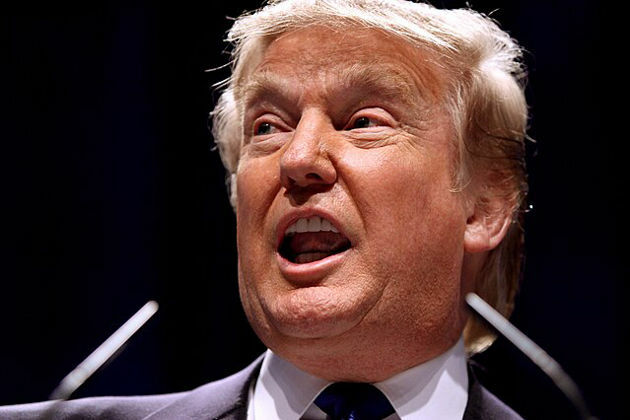Curbed by US Sanctions, Huawei Unveils New 4G Smartphones
Voice of America
29 Mar 2023, 04:07 GMT+10
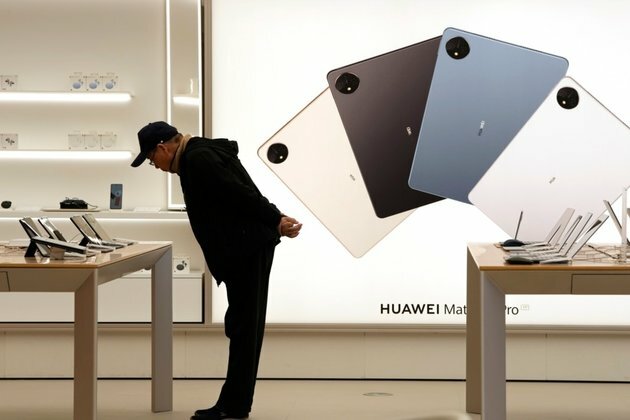
Washington - At a March 23 product launch in Shanghai, Chinese tech giant Huawei unveiled its signature P60 series of smartphones with high-end cameras and its Mate X3 series mobile phones equipped with folding screens.
There were demonstrations. There were speeches. But something was missing from the Huawei offerings: 5G, which gives phones the speedy internet access wanted by many consumers in North America, Europe and Asia.
The smartphones also lack access to Google's Android operating system and popular Western apps such as Google Maps.
The launch quieted 'rumors that it is considering selling off its handset business, thus showcasing the company's resilience amid U.S. government restrictions,' according to the government-affiliated China Daily.
Yu Chengdong, CEO of Huawei's device business group, said at the event, 'We have experienced four years of winter under sanctions. Now, the spring has come, and we are excited about the future.'
In 2020, Huawei briefly surpassed Apple and Samsung to become the world's largest smartphone seller when its market share peaked at 18%, according to market tracker Canalys.
Then the Trump administration imposed successive rounds of U.S. export controls.
By 2022, Huawei had a 2% share of the global smartphone market, with most of its sales in China.
Now the Biden administration is considering banning all technology exports to Huawei.


Huawei Latest Target of US Crackdown on China Tech
And its smartphone business today shows how the Shenzhen-based company, a major supplier of equipment used in 5G telecommunications networks, still relies on American technology for some key components.
According to a December 2022 report by Counterpoint, a Hong Kong-based analyst firm, Huawei used up its stockpile of homegrown advanced chips for smartphones, leaving it with a market share of zero for the final three quarters of the year.
'They suffered a steep drop in profits. They have a lot of damage to the brand,' James Lewis, senior vice president, Pritzker chair and director of the Strategic Technologies Program at the Center for Strategic and International Studies, told VOA Mandarin. 'I think it's a mixed bag that Huawei was never going to give up. The Chinese government was never going to let Huawei go out of business, so they've found ways to keep selling things. Most of what they sell is 4G or earlier.'
Huawei founder Ren Zhengfei said in a February 24 speech that the Chinese tech giant has survived U.S. sanctions by substituting components locally.
He said, 'We completed a process of redesigning over 4,000 circuit boards as well as finding local suppliers for more than 13,000 components the company needs for our products within three years.'
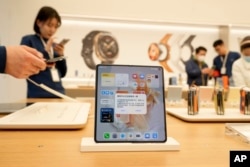
Paul Triolo, senior vice president for China and technology policy lead at Albright Stone Group, a business consulting firm, said the risks of using Cold War era tools such as export controls can have unintended consequences.
In an email, Triolo told VOA Mandarin, 'If the result of the 'small yard, high fence' policy over the next decade is to significantly slow technology innovation and massively incentivize the development of a large rival technology ecosystem, then the US approach will be judged to have failed, with many losers. Any short-term national security gain will be very hard if not impossible to measure while the short-term pain, particularly for US technology companies, will be substantial, as will the long-term consequences to global innovation systems.'
After Huawei was caught stealing trade secrets, evading U.S. bans on transferring technology to Iran and was suspected - though never proved - to be an arm of the Chinese intelligence services, the U.S. began imposing a series of controls. Since 2019, these have cut off Huawei's supply of chips from U.S. companies and its access to U.S. technology tools to design its own chips and have them manufactured by its partners.
The Biden administration is considering tightening export control measures against Huawei and completely banning all business dealings with the company, including banning exports to Huawei's suppliers and middlemen.
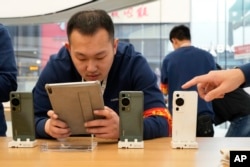
For now, vendors selling less-desirable technologies such as 4G phones can still apply to the U.S. Department of Commerce for a license to do business with Huawei. The Commerce Department has approved billions of dollars in such sales from U.S. suppliers, including Intel Corp., which sells chips used in Huawei laptops, and Qualcomm Inc., which supplies chips for 4G smartphones.
Ren said in the speech last month that Huawei invested $23.8 billion in research and development in 2022. 'As our profitability improves, we will continue to increase research and development expenditures.'
He added that the company has established its own enterprise resource planning system called MetaERP. Set to launch in April, it will help run its core business functions including finance, supply chain and manufacturing operations.
Lewis said Huawei had been able to circumvent some U.S. controls.
'They have a plan on how to recover, and they're actually making it work. It doesn't work in a lot of countries, but it works in Latin America. It works in Africa.'
This means the U.S. will need to refine its strategy on Huawei, Lewis said.
'It has to look at how does it match Huawei, how does it match China in the Southern Hemisphere,' he said. 'So the Latin Americans are buying from China and from Huawei. Huawei has Africa pretty much sewn up. So, it's really a question of how you undo that. And the answer is, you need to do it through development aid, and I don't know if Western countries are willing to spend.'
 Share
Share
 Tweet
Tweet
 Share
Share
 Flip
Flip
 Email
Email
Watch latest videos
Subscribe and Follow
Get a daily dose of Philadelphia Herald news through our daily email, its complimentary and keeps you fully up to date with world and business news as well.
News RELEASES
Publish news of your business, community or sports group, personnel appointments, major event and more by submitting a news release to Philadelphia Herald.
More InformationBusiness
SectionBitcoin soars to a record on Trump policies, institutional demand
NEW YORK CITY, New York: Bitcoin surged to a new all-time high this week, buoyed by growing institutional interest and a wave of pro-crypto...
Huawei eyes new buyers for AI chips amid U.S. export curbs
SHENZHEN, China: As global chip competition intensifies, Huawei Technologies is exploring new markets in the Middle East and Southeast...
U.S. food prices at risk as Brazil tariff hits key imports
LONDON/NEW YORK CITY: American grocery bills may be headed higher as coffee and orange juice prices face upward pressure from new tariffs...
WK Kellogg sold to Ferrero as food giants chase shelf power
BATTLE CREEK, Michigan: In a major consolidation of iconic food brands, WK Kellogg has agreed to be acquired by the owner of Ferrero...
Filmmaker joins biotech effort to bring back extinct giant bird
WASHINGTON, D.C.: Filmmaker Peter Jackson's lifelong fascination with the extinct giant New Zealand flightless bird called the moa...
India seeks WTO nod for retaliatory tariffs on US
NEW DELHI, India: India has submitted a revised proposal to the World Trade Organization (WTO) in Geneva to implement retaliatory tariffs...
International
SectionSources: Meta won’t alter data model, faces fresh EU charges
BRUSSELS, Belgium: Meta is holding firm on its controversial pay-or-consent model, a move that could lead to fresh antitrust charges...
Trump’s tariff push could push US rates above 20%, ICC says
LONDON, U.K.: American consumers and businesses could soon face the highest overall tariff burden in more than a century, according...
U.S. Urged to Investigate After Israeli Settlers Beat Palestinian-American to Death
The family of Sayfollah Saif Musallet, a 20-year-old American citizen who was beaten to death by Israeli settlers in the occupied West...
New Hampshire federal court ruling defies Trump’s citizenship move
CONCORD, New Hampshire: A federal judge in New Hampshire issued a crucial ruling on July 10 against President Donald Trump's executive...
Houthis attack cargo ship in Red Sea, raising maritime safety fears
DUBAI, U.A.E.: A cargo ship flagged under Liberia, known as the Eternity C, sank in the Red Sea following an attack executed by Yemen's...
Trump administration restarts Ukraine arms deliveries
WASHINGTON, D.C.: The Trump administration has started sending some weapons to Ukraine again, just a week after the Pentagon told officials...

